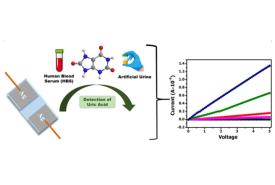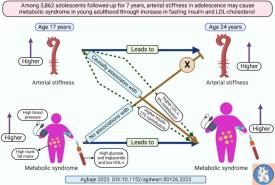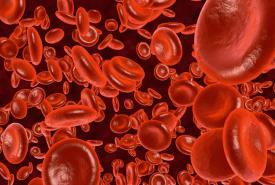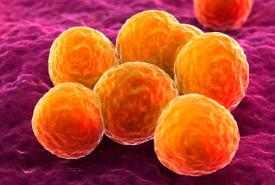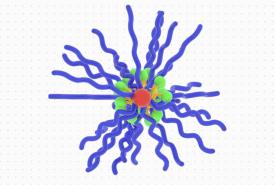Deletions from the human genome may be what made us human
What the human genome is lacking compared with the genomes of other primates might have been as crucial to the development of humankind as what has been added during our evolutionary history, according to a new study led by researchers at Yale and the Broad Institute of MIT and Harvard.






